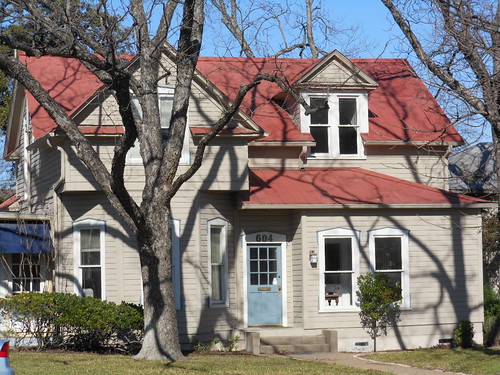When you think of preventive maintenance, you might think of your car’s oil changes or tire rotation. But a preventive maintenance strategy is also something which can help us to pay less in the future for home repairs. And it can also result in the areas in and around your property being safer for all who enjoy your home.
Every preventive maintenance strategy has a particular set of requirements that must be met in order to be effective. Probably the first step in preparing a preventive maintenance strategy is to take the time to think about what is needed. What areas of your home require regular maintenance in order to continue their smooth function? Once you’ve identified these areas, you can then create a list and a schedule for maintenance.
Preventive maintenance isn’t really something that should be ignored. If you have homeowners insurance, then you should be your home with the maintenance it needs to continue its role as a safe shelter for your family and belongings.

Issues and Benefits of Preventative Maintenance
Despite the fact that many homeowners understand the importance of preventative maintenance, these tasks usually get overlooked. This normally happens with those tasks that only need doing one or a few times per year. But the more years you put off preventative maintenance to your home, the more you will pay to have it fixed later.
Preventative maintenance can have many benefits to the homeowner. At the top of the list are the savings one can realize. Not only can a well-maintained heating or air conditioning unit save total electricity usage which can benefit an entire community, but it can also save the homeowner money when their monthly utility bill comes in.
Old appliances like stoves and refrigerators which may have seen better days may also be a safety hazard in the home, and so any damage caused by malfunctioning appliances may not be covered by homeowners insurance. Preventing unnecessary damage due to fire or water leakage by purchasing new appliances can be well worth their upfront cost.
What You Can Do Around Your Home
There are many areas around your home which require regular maintenance to ensure they continue to run the way they should.
Shut Off Valves
Shut off valves can be found throughout your home. And in order to prevent a major emergency that may cost you a lot of money to repair, knowing where they are located is an important part of any preventative maintenance program. Common shut off valves include:
– The washing machine – valves will be located near the home’s lines for water supply;
– The sinks in your home – found under the sinks or inside nearby cabinets;
– Toilet valves – located under the tank;
– Total home water supply – this valve can be found either beside your water meter or on your pressure tank;
– Total home hot water supply – located on your water heater.
A good idea is to take a yearly tour of these valves with your family and teach them how to work each valve so that they know what to do in an emergency.
Professionally-Serviced Appliances
Your home may contain several appliances which require regular maintenance by professionals. It’s best to leave this task to the company to prevent injury and damage to your home. Keep in mind that your homeowners insurance could be affected by any damage caused by the tampering of an unlicensed individual.
Heating Systems
The best time to schedule maintenance of heating systems is before the cooling or heating season begins. Doing so beforehand can also mean a shorter wait for maintenance. Professionals will know how to check the air/fuel mixture, lubricate the motor and assess the condition of the heat exchanger.
Fireplaces and Chimneys
This is another area of the home that should be maintained yearly by a professional. Regular maintenance of fireplaces and chimneys can prevent fires, carbon monoxide poisoning and the failure of flashing and mortar. The installation of a chimney cap can prevent water damage and the invasion of wildlife into your home that can cause further damage.
Guest author Carly Jorge writes on a variety of topics, but is particularly well-versed on the topic of homeowners insurance. You can also find Carly on Google.

